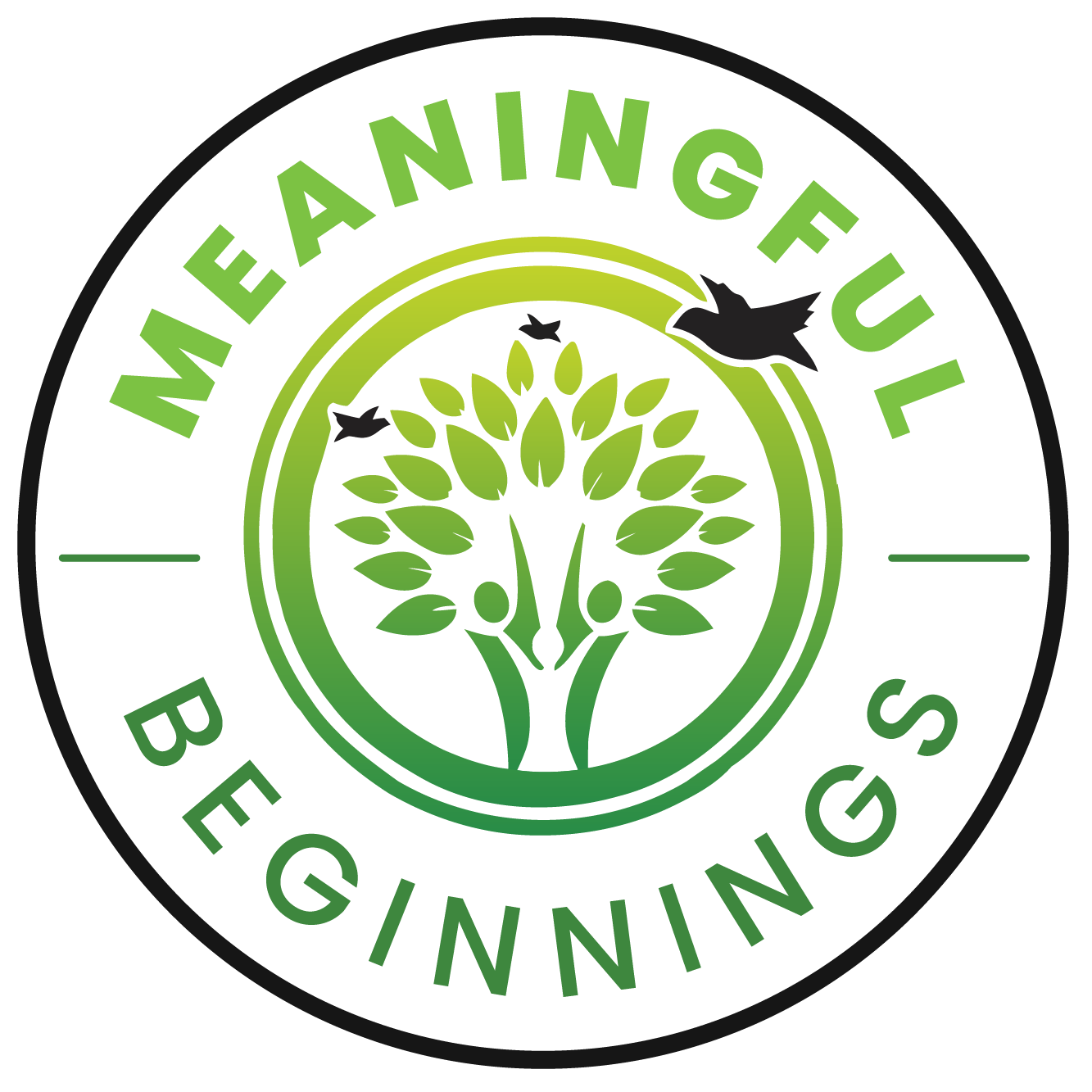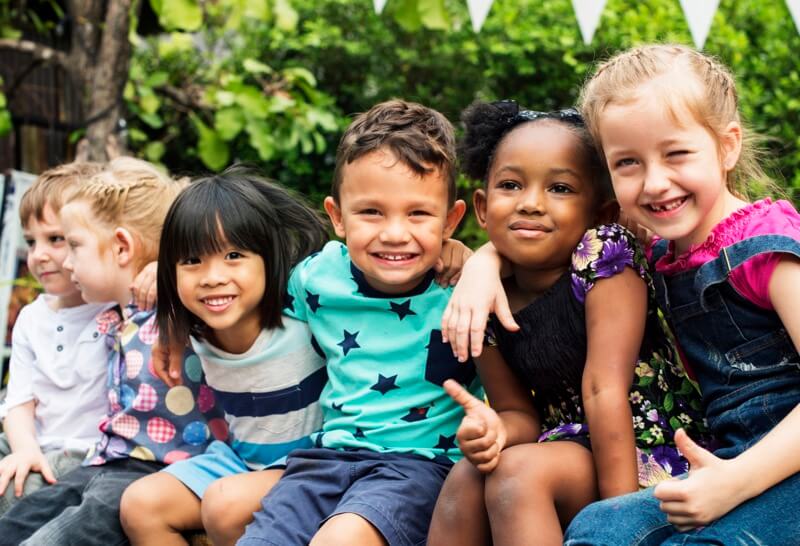Discover how Meaningful Beginnings Daycare is cultivating social skills in children for a brighter future. Join us in this journey today!
Understanding the Role of Daycare in Child Development
As a daycare center with years of experience nurturing young minds, we understand that choosing a daycare for your little one is a big decision. You’re not just looking for a safe place where your child can play and learn while you’re at work. You’re looking for a nurturing environment that contributes to your child’s holistic development.
Daycare centers like ours play a crucial role in child development. Beyond the ABCs and 123s, we help children physically, emotionally, and socially develop. Today, we want to focus on that last aspect—social development—and share with you some of the hidden benefits of daycare that you might not have considered.
Remember little Timmy, who joined us last year? When he first came to us, he was a bit of a wallflower, preferring to play alone rather than with his peers. But over time, we’ve seen him blossom. Now, he’s often the first to extend a toy to a new friend or offer comfort to a classmate feeling down. That’s the power of a daycare environment—it provides a safe and supportive space for children to explore their social skills and grow.
The Socialization Process: A Key Component of Daycare
Children are naturally exposed to a diverse group of peers in a daycare setting. This diversity is a microcosm of the world they’ll navigate as they grow up. Here, they learn to interact with others who may have different interests, abilities, and backgrounds.
Take our little friend, Sophia, for example. She’s an only child, and before joining daycare, she didn’t have much experience sharing her toys or her parents’ attention. But in just a few months at daycare, Sophia has learned to share and take turns. She’s also learning that everyone is unique and that these differences make our world a more interesting place.
Fostering Communication Skills: The Daycare Advantage
Communication is more than just words—it’s about understanding and being understood. In our daycare center, we create plenty of opportunities for children to express themselves and understand others.
Remember when we had “Show and Tell” last week? Little Noah brought his favorite stuffed bear and told us all about his adventures with “Mr. Snuggles.” This activity not only helped Noah practice expressing his thoughts and feelings, but it also taught his peers to listen and ask questions—essential communication skills that they’ll use throughout their lives.
And that’s just the beginning! In the next sections, we’ll explore how daycare helps children learn teamwork, resolve conflicts, develop empathy, build self-confidence, and even cultivate leadership skills. Stay tuned to discover how these social skills, nurtured in daycare, can contribute to a brighter future for your child.
Teamwork and Cooperation: Lessons from the Playground
Daycare isn’t just about individual growth; it’s also about learning to work together. Our playground isn’t just a place for fun and games—it’s a classroom in the open air where important lessons in teamwork and cooperation are learned.
Remember the big tower of blocks that the children built last month? That wasn’t the work of one child but the collective effort of many little hands. They learned to negotiate roles (“I’ll find the blocks, you stack them”), cooperate, and celebrate their shared success. These are the early seeds of teamwork that will serve them well in school projects, sports, and, eventually, in their professional lives.
Conflict Resolution: Learning to Navigate Social Challenges
Let’s face it: conflicts will arise even in the most harmonious daycare center. Someone will want the same toy, or a game won’t go as planned. But these moments are not problems; they’re opportunities for learning.
Take the case of Mia and Liam. They both wanted to be the line leader last week, remember? Instead of stepping in immediately, we guided them to communicate their feelings and find a solution. They decided to take turns, and both had the chance to lead. This experience taught them that conflicts can be resolved peacefully and fairly, a valuable lesson for their future social interactions.
Cultivating Empathy and Understanding: The Emotional Side of Social Skills
Daycare also provides a rich environment for children to develop empathy and understanding. We encourage children to recognize and respect their feelings and the feelings of others.
Remember when Ethan fell and scraped his knee during outdoor play? Seeing his friends rush over, not to gawk, but to comfort him was heartwarming. They showed genuine concern, a sign of growing empathy. These experiences help children understand that everyone has emotions, and they learn appropriate ways to respond.
Building Self-Confidence: The Impact of Positive Social Interactions
Positive social interactions in daycare can do wonders for a child’s self-confidence. When children feel accepted and valued by their peers, it boosts their self-esteem.
Take our friend, Ava, for example. When she first joined us, she was shy and unsure of herself. But after a few weeks of positive interactions and encouragement from her peers and teachers, we saw a new Ava. She became more confident and willing to try new things, whether it was painting a picture or trying to write her name.
The Role of Daycare in Developing Leadership Skills
Leadership isn’t about being bossy; it’s about taking responsibility, making decisions, and considering others’ needs. In daycare, children get their first taste of leadership in a supportive environment.
Remember when we were deciding what game to play, and we asked for volunteers to lead? Little Oliver stepped up. He listened to his friends’ ideas, decided, and guided the group through the game. This early leadership experience can set the stage for future roles in school, work, and the community.
Preparing for School: How Daycare Promotes School Readiness
The social skills learned in daycare don’t just benefit children now; they also help prepare them for school. Being comfortable in a group, knowing how to communicate, understanding how to resolve conflicts, and having a sense of empathy and leadership are all skills that will help them transition smoothly into a formal school setting.
The Long-Term Benefits: How Daycare Social Skills Contribute to a Brighter Future
The social skills your child cultivates in daycare have long-term benefits. They contribute to academic success, personal happiness, and professional achievement. So, while your child is playing, making friends, and having fun at daycare, remember—they’re also building a foundation for a brighter future.
Cultivating Social Skills for a Brighter Future at Meaningful Beginnings Daycare
At Meaningful Beginnings Daycare, we’re not just caring for your children; we’re preparing them for a brighter future. We understand the crucial role that social skills play in a child’s holistic development, and we’re committed to nurturing these skills in a supportive and engaging environment.
Our daycare center is a microcosm of the diverse world your child will navigate as they grow. Here, they learn to communicate effectively, work as a team, resolve conflicts, and develop empathy and understanding. We provide opportunities for your child to build self-confidence and even cultivate leadership skills.
From the playground to the classroom, every activity at Meaningful Beginnings is designed to foster these essential social skills. We celebrate each child’s unique journey, like Timmy’s transformation from a wallflower to a compassionate friend, Sophia’s lessons in sharing and acceptance, Noah’s growing communication skills, and Oliver’s budding leadership.
However, the benefits of our approach extend beyond the daycare years. The social skills your child develops at Meaningful Beginnings contribute to their school readiness and have long-term benefits for their academic, personal, and professional success.
At Meaningful Beginnings, we believe every interaction is an opportunity for learning and growth. So, while your child is playing, making friends, and having fun, they also build a foundation for a brighter future.
We invite you to experience the Meaningful Beginnings difference. Contact us today to learn more about how we’re cultivating social skills for a brighter future. We look forward to partnering with you in your child’s early learning journey.








